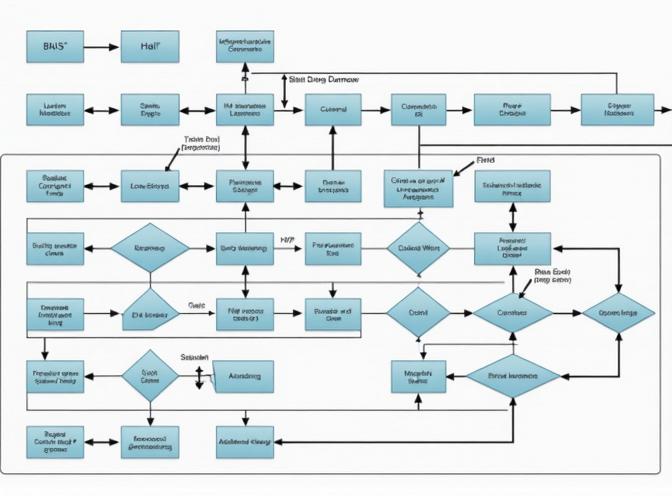POSSE: Publish on your own site, syndicate elsewhere
Some POSSE concepts and examples
POSSE , which stands for “Publish (on your) Own Site, Syndicate Elsewhere,” is a content publishing strategy that emphasizes ownership and control of your online content.
The core idea of POSSE is to first publish your content on a platform you own and control, such as your personal website or blog, and then share or syndicate that content to other platforms and social media sites.

POSSE Key Principles and specific benefits
-
Ownership: By publishing content on your own website or platform first, you maintain complete control over its presentation, formatting, and longevity.
-
Independence: POSSE reduces reliance on third-party services for content creation and storage, ensuring your work remains accessible even if other platforms shut down or change policies.
-
Canonical URLs: Your own domain hosts the original version and your personal website becomes the authoritative source for your content, establishing a clear ownership chain.
-
Flexibility: You can syndicate your content to multiple platforms while retaining a single source of truth, allowing you to reach diverse audiences without sacrificing ownership.
-
Discoverability: Your content becomes more easily searchable across the web. Search engines often prefer original content hosted on personal websites, potentially improving your content’s visibility and ranking.
Benefits
- Content Control: You have full control over your content’s presentation and longevity.
- Audience Reach: You can still engage with audiences on various platforms.
- Future-Proofing: Your content remains accessible even if third-party services shut down or change policies. As social media platforms come and go, your content remains stable on your own site, ensuring long-term accessibility and control.
- Improved SEO: Having a central repository for your content can boost your site’s search engine visibility.
- Protection against censorship: By hosting content on your own site, you mitigate the risk of content removal or censorship by centralized platforms
Implementation
To implement POSSE, you typically publish content on your own website first, then share it on other platforms with links back to the original post. This approach allows you to leverage the social features of other platforms while maintaining ownership of your content.
POSSE is not just a technical solution but a philosophy that encourages content creators to take control of their online presence while still benefiting from the reach of social media and other platforms.
Potential POSSE challenges and difficulties
While POSSE (Publish on your Own Site, Syndicate Elsewhere) offers many benefits, it also has some potential drawbacks:
-
Increased complexity: Managing content across multiple platforms can be more time-consuming and technically challenging than using a single platform.
-
Formatting inconsistencies: Content may not appear identical across all platforms due to differences in formatting and display options.
-
Limited platform-specific features: Some social media platforms have unique features that may not be fully utilized when syndicating content from your own site.
-
Reduced engagement on third-party platforms: Users on other platforms might be less likely to engage with content that links back to an external site.
-
Cross-posting limitations: Automated cross-posting features can be clunky and may not offer full control over where and how content is shared.
-
Time investment: Setting up and maintaining a POSSE system requires more initial effort and ongoing management compared to using centralized platforms.
-
Potential SEO impact: If not implemented correctly, syndicated content might be seen as duplicate content by search engines, potentially affecting search rankings.
-
Learning curve: Users need to understand the technical aspects of hosting and syndicating content, which may be challenging for some.
-
Reduced native experience: Content syndicated from a personal site may not provide the same seamless experience as content created directly on specific platforms.
-
Maintenance responsibilities: Self-hosting requires ongoing maintenance, security updates, and potential troubleshooting, which can be time-consuming and potentially costly.
POSSE Example
Some examples are listed on https://indieweb.org/POSSE
I could not find any opensource easy-configurable implementation of POSSE. For opensource integration systems overall - that can be used for POSSE too - have a look at NodeRed - Selfhosted integration systems.
Author’s website is also using POSSE aproach. Posts and Articles are first [published] to www.glukhov.org then notifications and links are pushed to X(Twitter), Facebook, Mastodon and other platforms.

